Artificial intelligence is no longer a distant, futuristic concept—it is here, transforming industries, and HR is no exception. But let’s address the elephant in the room: Will AI replace human jobs in HR? The short answer—no. Instead, AI is reshaping the HR landscape by enhancing human judgment, automating repetitive tasks, and providing data-driven insights. This shift allows HR professionals to focus on what truly matters—people.
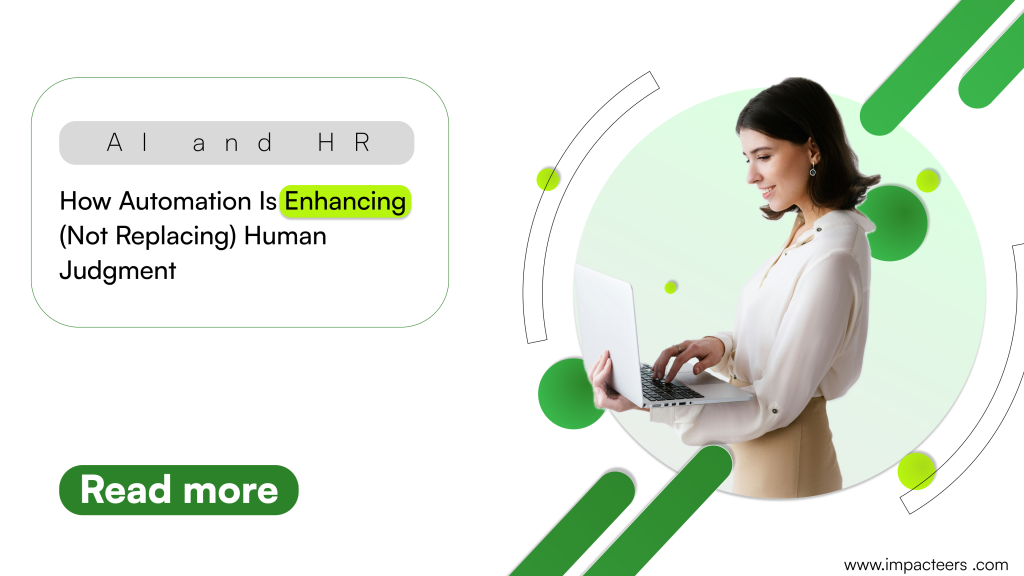
AI’s Expanding Role in HR
HR has traditionally been about people, but it also involves a mountain of paperwork, processes, and data analysis. Artificial intelligence is stepping in as a powerful assistant, taking over time -consuming tasks and freeing up HR leaders to concentrate on strategy, culture, and employee experience. Here’s how AI is making a difference in key HR functions:
1. Recruitment and Talent Acquisition
Hiring the right talent has always been a challenge—resumes pile up, biases creep in, and the process can drag on for weeks. AI is revolutionizing recruitment by automating tasks like resume screening, candidate matching, and even initial interview assessments. AI-powered applicant tracking systems (ATS) help identify the best-fit candidates based on skills and experience, reducing bias and increasing efficiency.
For instance, when Chipotle introduced an AI chatbot named “Ava Cado,” their application completion rate skyrocketed to over 85%, slashing hiring time from 12 days to just 4 (Business Insider). This isn’t about robots taking over—it is about streamlining the process so HR teams can focus on meaningful interactions with candidates.
2. Onboarding and Employee Training
Starting a new job can be overwhelming, but it is helping companies create smoother onboarding experiences. chatbots and virtual assistants provide instant answers to new employees’ questions, while personalized learning platforms adjust training modules based on an individual’s progress.
Take RPG Group, which implemented chatbots as round-the-clock assistants for employees (Get Magical). Instead of waiting for an HR rep to respond to simple queries about benefits or leave policies, employees now get instant, accurate information. This frees up HR teams to focus on high-value conversations and building employee engagement.
3. Performance Management and Employee Engagement
Artificial intelligence is transforming how organizations track and improve employee performance. Traditional performance reviews can be subjective, inconsistent, and, let’s be honest, often dreaded by both employees and managers. AI-driven analytics offer real-time insights into productivity, skills gaps, and engagement levels.
A Gartner report found that organizations using for performance management saw a 32% boost in employee satisfaction and retention. By analyzing feedback from surveys, emails, and communication channels, AI-powered sentiment analysis tools can help HR teams identify potential issues before they escalate.
4. Diversity, Equity, and Inclusion (DEI) Initiatives
Creating a diverse and inclusive workplace requires more than good intentions—it requires action. AI is playing a crucial role by helping companies eliminate unconscious bias in hiring.
AI-driven tools can:
✔ Remove biased language from job descriptions
✔ Anonymize candidate data to ensure fair evaluation
✔ Identify patterns in hiring decisions to promote diversity
A study by The Guardian found that companies using it in recruitment saw a 45% increase in workforce diversity compared to those relying solely on traditional methods. When used correctly, AI can be a game-changer in building truly inclusive workplaces.
AI: A Tool for Human Judgment, Not a Replacement
Despite AI’s growing role, human judgment remains irreplaceable. Here’s how, rather than replaces, HR professionals’ decision-making:
- Data-Driven Hiring: AI helps HR teams analyze massive amounts of data to make more informed hiring decisions, reducing guesswork.
- Bias Reduction: AI can help remove subjective biases—provided it’s trained on diverse and ethical data sets.
- Predictive Analytics for Retention: AI can flag early signs of employee disengagement, allowing HR teams to take proactive steps to improve retention.
However, as powerful as AI is, it’s not infallible. AI is only as good as the data it’s trained on, and unchecked algorithms can reinforce biases instead of eliminating them. That’s why human oversight is crucial—HR professionals must monitor systems, interpret insights, and make ethical, people-centric decisions.
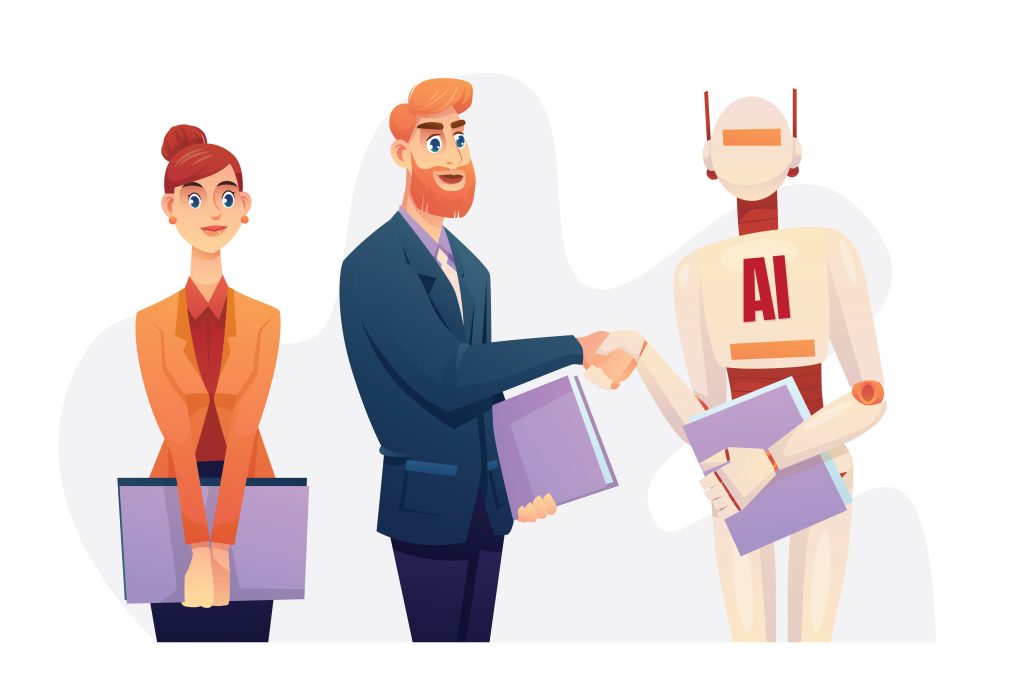
Real-World Success Stories
Several companies have successfully integrated Artificial intelligence into their HR strategies:
✔ RingCentral used Artificial intelligence to optimize recruitment, increasing their candidate pipeline by 40% and improving pipeline quality by 22% (VKTR).
✔ Mastercard leveraged Artificial intelligence for interview scheduling, freeing HR teams to focus on deeper candidate engagement.
✔ Unilever implemented video interviews with predictive analytics to assess candidates’ suitability, helping them screen applicants more efficiently.
Balancing AI with Ethical Oversight
Artificial intelligence is a powerful tool, but it’s not a magic wand. HR leaders must ensure it is used responsibly by:
✔Regularly auditing systems to prevent biases
✔Ensuring transparency in driven decision-making
✔Communicating clearly with employees about Artificial intelligence role in HR processes
A 2024 SHRM report warns that while Artificial intelligence can enhance efficiency, unchecked automation can lead to ethical and legal risks. The key is to use as a partner, not a replacement, in HR decision-making.
What’s Next? The Future of AI in HR
AI in HR is still evolving, and new developments continue to shape the industry:
➡ Generative AI for Recruitment: Companies are exploring AI-driven personalized communication for candidates, enhancing employer branding (McKinsey).
➡ AI for Career Development: career pathing tools are helping employees identify opportunities for growth within their organizations.
➡ Hyper-Personalized Employee Experiences: AI is being used to tailor workplace experiences, from benefits to learning opportunities, ensuring employees feel valued and supported.
Final Thoughts: The Human-AI Partnership
AI isn’t here to take over HR—it’s here to make HR smarter, more efficient, and more human-centered. By automating administrative tasks, providing deep insights, and supporting fairer hiring practices, AI allows HR professionals to focus on what they do best—building great workplaces.
The future of HR isn’t about choosing between AI and humans. It’s about leveraging artificial inteligence as a tool to enhance human judgment, not replace it. Organizations that strike this balance will be the ones leading the way in a brave new world of human-machine collaboration for good.
Visit Us >>> https://www.impacteers.com/
About Us >>> https://blog.impacteers.com/
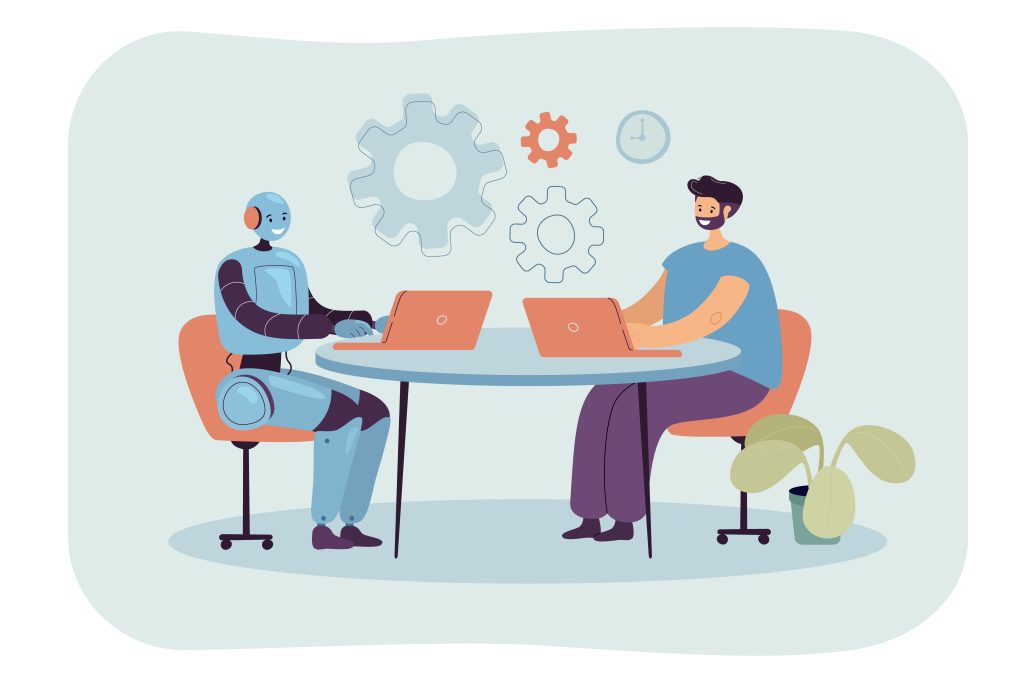
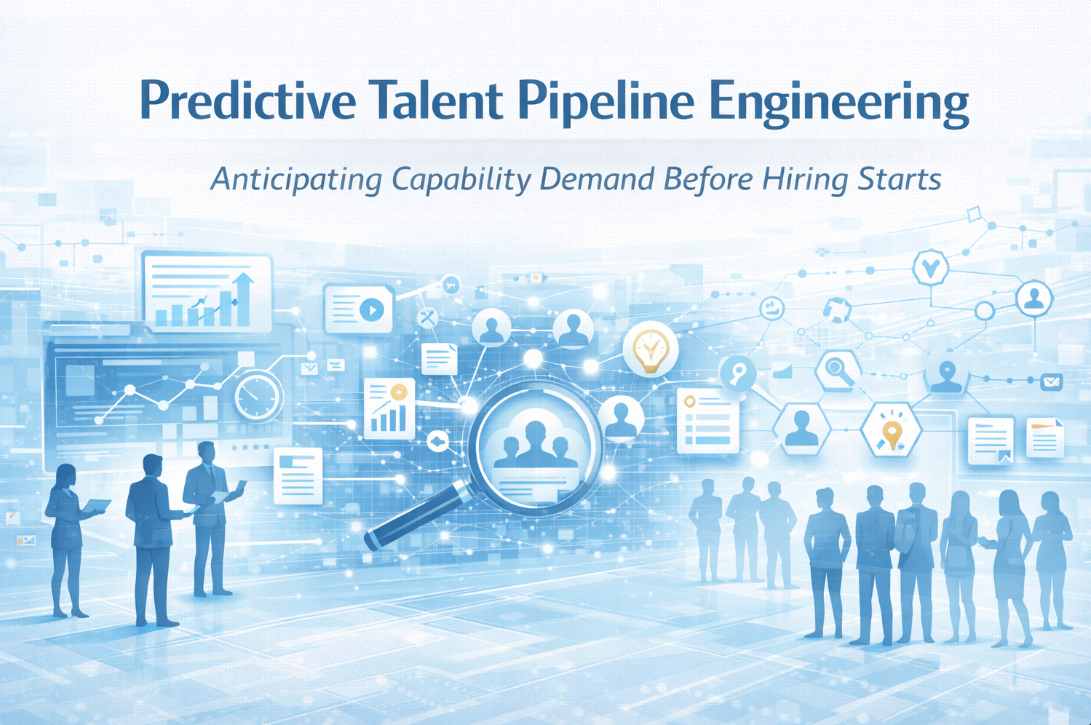
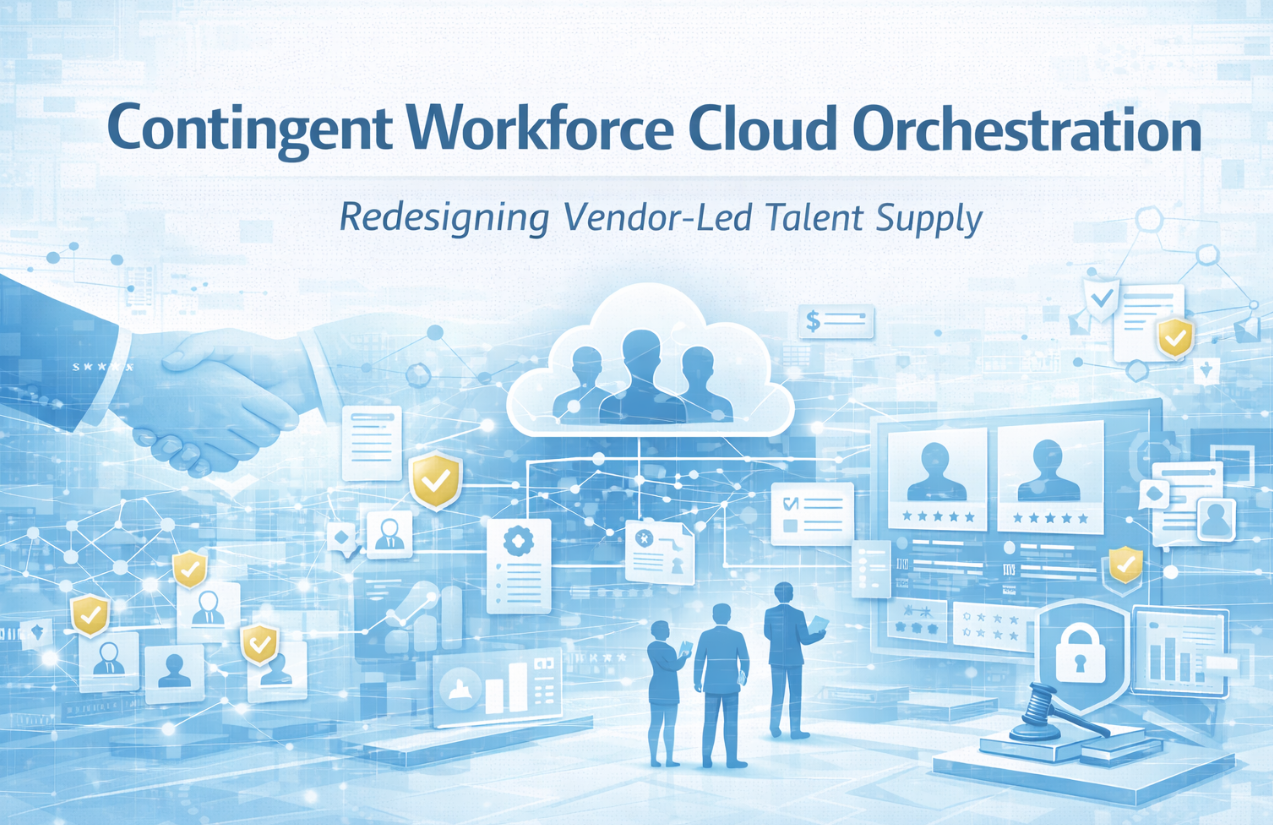
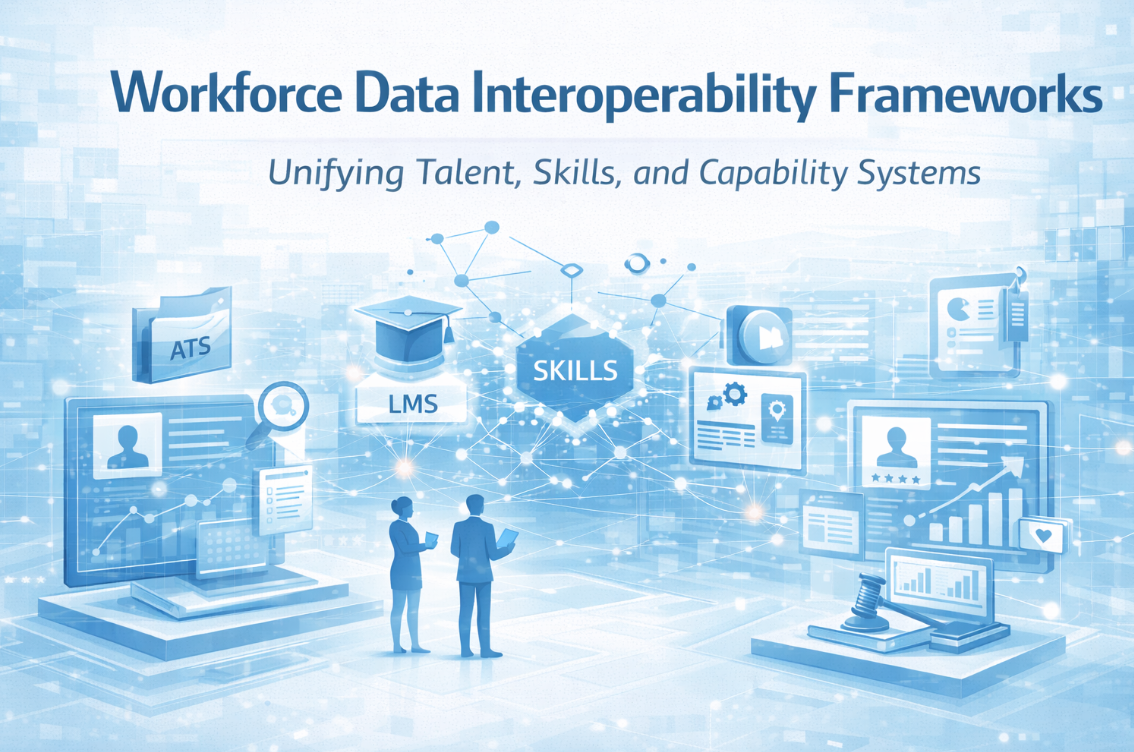
Post Comment